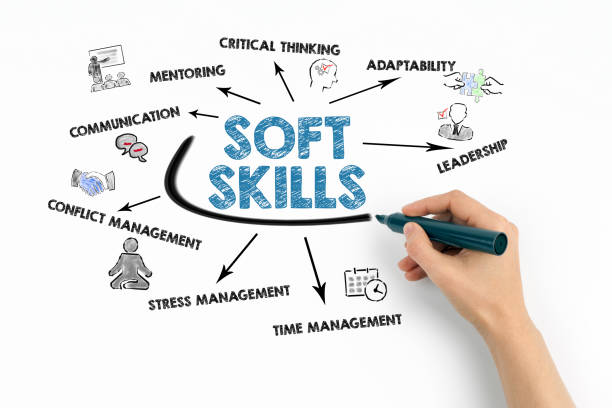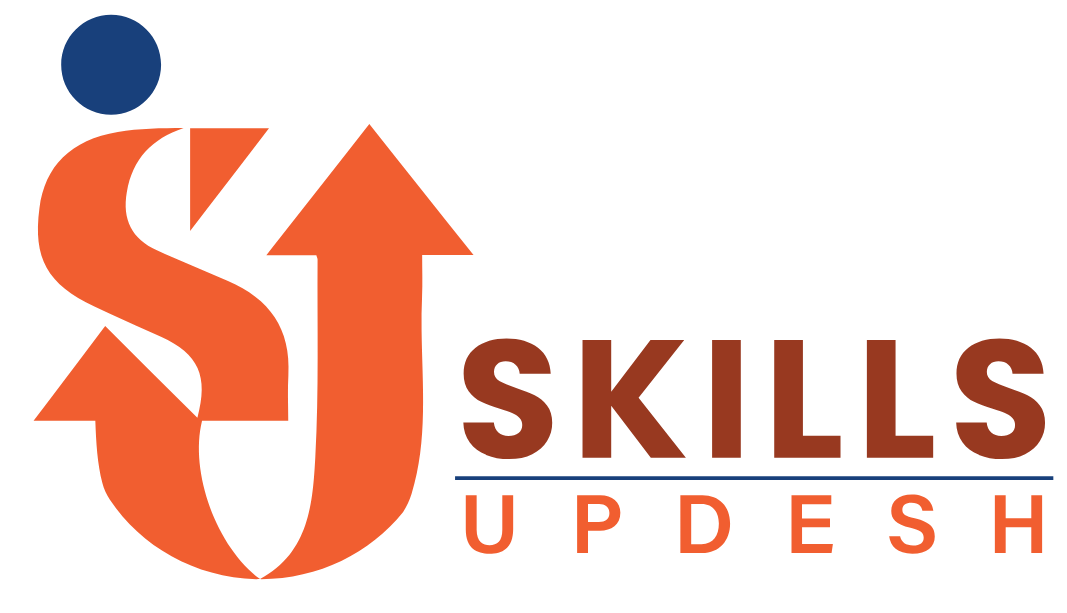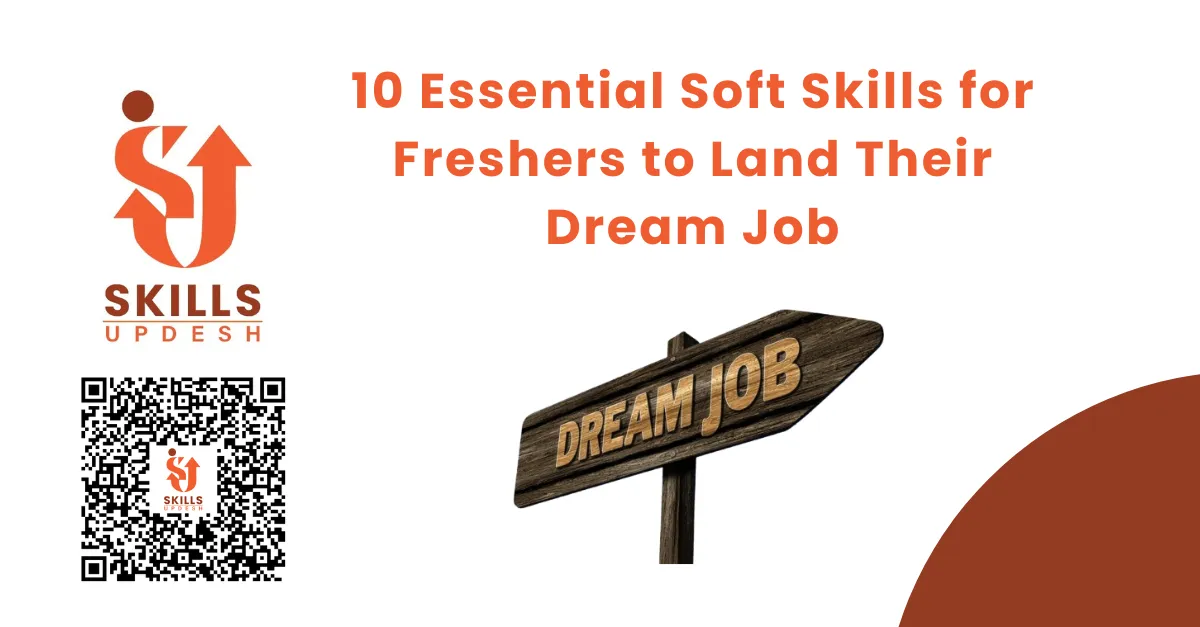
Soft Skills: A Whisper of Strength in a Noisy World
Introduction
Have you ever noticed how silence often speaks louder than words? How a single gesture, a slight nod, or a well-placed pause can carry the weight of a thousand sentences? Soft skills—they’re like that silence. Quiet, unassuming, but powerful in ways we don’t always understand.
In a world that celebrates loud voices and fast answers, soft skills sit in the background, waiting to be noticed. But their impact? It lingers—like the smell of rain on parched earth. They’re what hold us together when things fall apart. Let’s talk about them. Or maybe, let’s feel them.
Understanding Soft Skills
What Are Soft Skills?
Soft skills, they aren’t something you can hold or show off. They’re the things you carry within you. The way you listen—not just with your ears, but with your heart. The way you adapt when life throws a curveball. Or the way you quietly lead, making others feel like they’re the ones in charge.
Why Are Soft Skills Important?
Think of soft skills as the thread in a kite. The kite—the hard skills—takes you high. But without the thread, the direction is lost. These skills, they anchor us, guide us. Whether it’s at work or in life, soft skills are what make us... human.
Benefits of Soft Skills
1. Improved Communication
Communication isn’t just about what you say. It’s how you say it. It’s in the spaces between words, the pauses where empathy lives. A clear sentence can open doors. But a warm tone can open hearts.
2. Better Team Collaboration
What makes a team stronger isn’t always the leader. Sometimes, it’s the quiet ones, the mediators. They bridge gaps. They’re the glue. And isn’t it funny how we often overlook glue until things fall apart?
3. Increased Adaptability
Life changes. People change. Plans fail. Adaptability is knowing when to bend without breaking. Like bamboo in a storm—soft on the outside, strong at the core.
4. Boosted Career Growth
Employers—they can teach you new tools, new methods. But they can’t teach you how to care, how to inspire, how to lead with kindness. And that, my friend, is why soft skills often define how far we go.
Main Section 1: Types of Essential Soft Skills
1. Communication Skills
Communication is more than words. It’s a dance of expressions, body language, and silence. Like a harmonium, it needs the right balance of pressure and release. Master this, and the world listens.
2. Leadership Skills
True leaders don’t command. They inspire. They see the potential in others and make them believe in it too. Leadership, it’s like watering a plant—not too much, not too little. Just enough to help it bloom.
3. Problem-Solving Skills
Problems—they’re puzzles wrapped in anxiety. But a calm mind, it sees the patterns. And when you solve one, it’s like finding a hidden path in the woods. Quietly exhilarating.
Main Section 2: Developing Emotional Intelligence
1. Self-Awareness
How often do we stop and look within? Self-awareness is like standing by a still lake and seeing your reflection. The clearer the water, the more you understand yourself.
2. Empathy
Empathy is walking in someone else’s shoes—even when they don’t fit. It’s knowing that every smile hides a story. Every tear, a journey. And sometimes, all someone needs is for you to sit with them, quietly, and just... be.
3. Emotional Regulation
Emotions—they can be wild horses. But to master them is not to suppress them. It’s to ride with them, guiding gently, letting them run when needed and rest when they’re tired.
Main Section 3: Cultivating Adaptability
1. Embracing Change
Change isn’t always easy. It’s like learning to dance to a rhythm you’ve never heard before. But with time, your feet find the beat. And then, you’re not just surviving; you’re moving with grace.
2. Lifelong Learning
Knowledge—it’s a fire that needs constant kindling. And when you stop learning, it’s like letting that fire go cold. Keep adding the wood—books, conversations, experiences.
3. Resilience Building
Resilience—it’s like the roots of a tree. Deep, unseen, but strong. The storms will come, but roots, they hold on. And when the storm passes, the tree stands taller.
Main Section 4: Enhancing Team Collaboration
1. Building Trust
Trust—it’s fragile, like a diya in the wind. Protect it, nurture it, and it lights the way. Break it, and darkness lingers.
2. Conflict Resolution
Every conflict, it’s like a knot. Pulling harder only tightens it. Patience, understanding—they’re the fingers that untangle.
3. Role Clarity
Clarity—it’s knowing your place in the big picture. Like threads in a tapestry, each one has a role. Together, they create art.
How to Start Improving Soft Skills
1. Identify Areas for Growth
Pause. Reflect. What do you struggle with? Is it speaking up? Or listening? Growth begins when you admit there’s room for it.
2. Set SMART Goals
Vague wishes—they evaporate. Clear goals—they guide. Like marking a map before a journey.
3. Practice Regularly
Skills aren’t built in a day. They’re the result of small, consistent steps. Like drawing rangoli—steady hands create beauty.
Overcoming Common Challenges
1. Fear of Failure
Failure—it’s a teacher in disguise. Don’t fear it. Learn from it. Let it guide you, not define you.
2. Lack of Feedback
Without feedback, growth feels blind. Seek it. But remember, not every voice is worth listening to. Choose wisely.
3. Time Constraints
Time, it’s a river. But even rivers pause in pools. Find your pool. Make the time.
Future Trends in Soft Skills
1. Rise of Digital Communication Skills
Even in the digital world, the human touch matters. An emoji—it’s not a replacement for empathy.
2. Focus on Diversity and Inclusion
The world is a mosaic. Each piece, different. Together, beautiful. Soft skills help us embrace this.
3. AI Integration in Learning
Machines may learn faster. But soft skills—they remain uniquely human.
Conclusion
Soft skills—they aren’t just skills. They’re the art of being human. They’re what connect us, ground us, and lift us. In their softness lies their strength. And in their quiet lies their power.

FAQs
1. What are soft skills examples?
Soft skills include empathy, adaptability, communication, and leadership.
2. Why are soft skills essential?
They shape relationships, drive growth, and create harmony in chaos.
3. How can I improve soft skills?
Reflect, learn, and practice. Every day is an opportunity.
4. Are soft skills more important than hard skills?
Both matter. But soft skills, they’re what turn knowledge into wisdom.
Author - Rakesh Parihar





